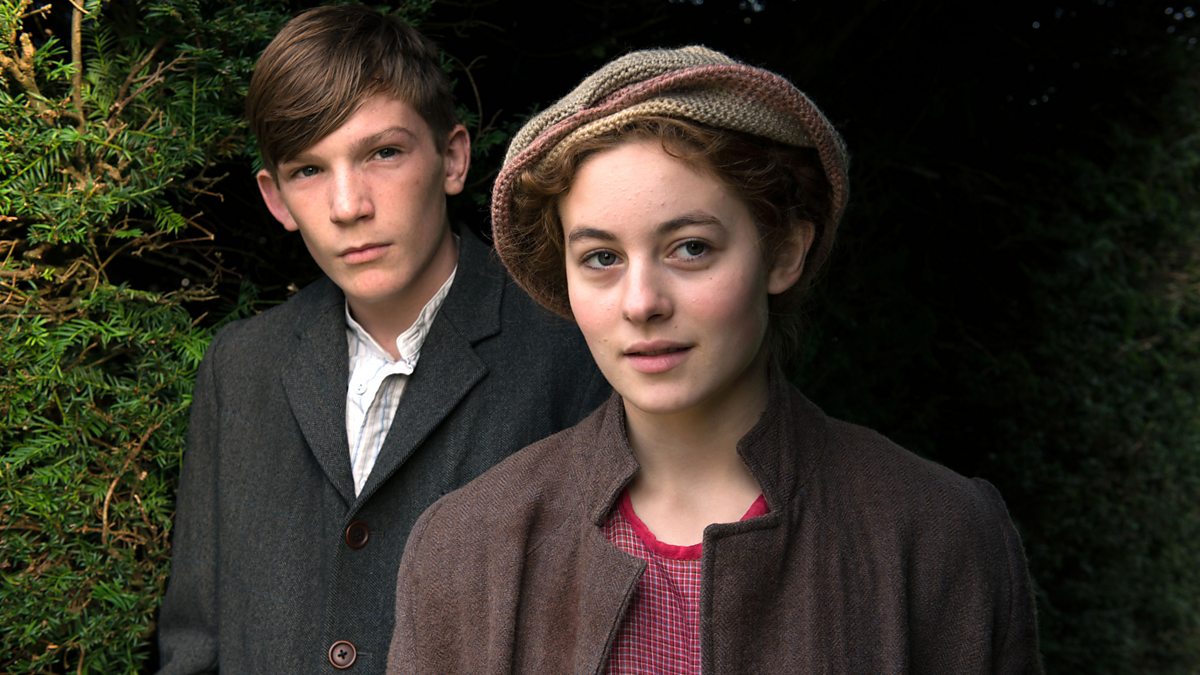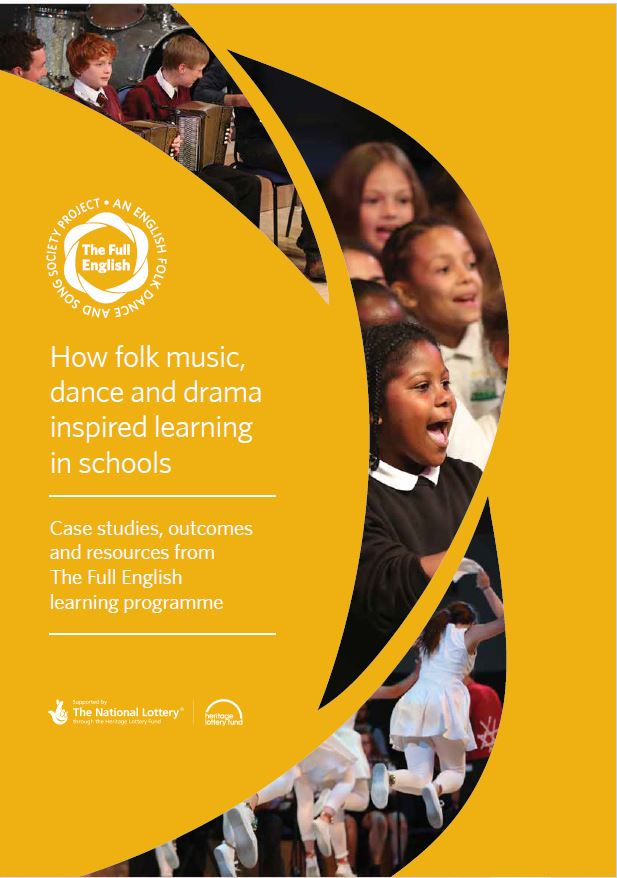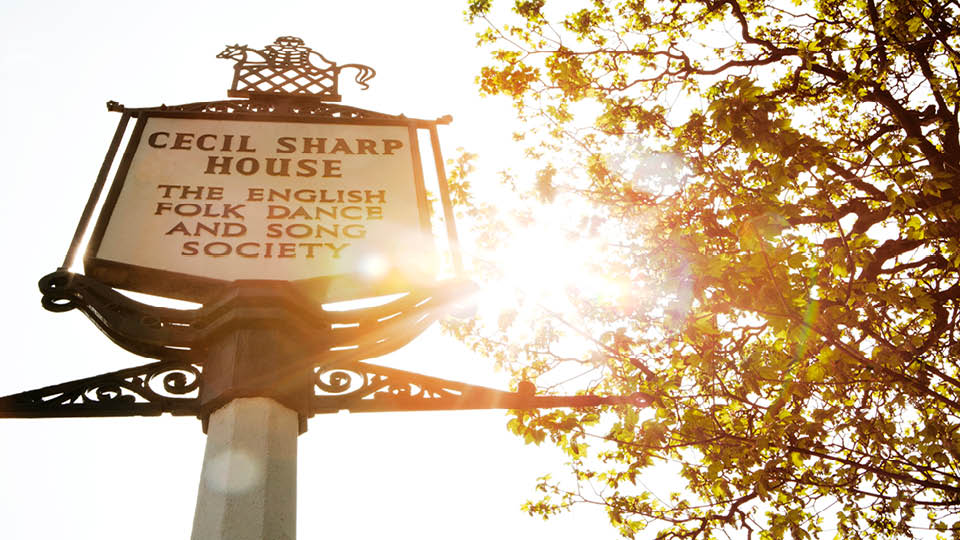Cider with Rosie
Did anyone see this latest realisation of Laurie Lee's classic? It was pleasant enough, and largely true to the book. The snag is, one cannot help but compare it to the brilliant BBC film with Rosemary Leach way back in 1971.
I had a few quibbles with Sunday's offering:
1. It kept flip-flopping back and forth between 'Lol' as a small boy and as an adolescent. Agreed, the book itself tends to group things in topics, e.g. The Village School, but for a casual viewer, maybe unaware of the episodic nature of Laurie Lee's memoir, it was simply confusing.
2. The music at times sounded rather Celtic when panoramas of the countryside were shown. I expected a kilted figure to pop out of the woods at any moment. Surely a little neo-cowpat might have served better?
3. The schoolkids (in Lol's adolescent persona) all looked at least 16. IIRC, the school-leaving age was 12 before 1918 and 14 thereafter. Whilst many 12 - 14 year-olds these days might have broken- voices/large busts, it would have been the exception in under-nourished post-war England. Even in my youth, 40 years later, it would have been unusual. Here's a quote from the book:
Spadge Hopkins [....] was one of those heavy, full-grown boys, thick-legged, red-fisted, bursting with flesh, designed for the great outdoors. He was nearly 14 by then and physically out of scale - at least as far as our school was concerned.
The trouble is, the entire class had the post-pubertal appearance of Spadge Hopkins.
The film was gentle, a tad sentimental and quite harmless...but surely not a classic?
Did anyone see this latest realisation of Laurie Lee's classic? It was pleasant enough, and largely true to the book. The snag is, one cannot help but compare it to the brilliant BBC film with Rosemary Leach way back in 1971.
I had a few quibbles with Sunday's offering:
1. It kept flip-flopping back and forth between 'Lol' as a small boy and as an adolescent. Agreed, the book itself tends to group things in topics, e.g. The Village School, but for a casual viewer, maybe unaware of the episodic nature of Laurie Lee's memoir, it was simply confusing.
2. The music at times sounded rather Celtic when panoramas of the countryside were shown. I expected a kilted figure to pop out of the woods at any moment. Surely a little neo-cowpat might have served better?
3. The schoolkids (in Lol's adolescent persona) all looked at least 16. IIRC, the school-leaving age was 12 before 1918 and 14 thereafter. Whilst many 12 - 14 year-olds these days might have broken- voices/large busts, it would have been the exception in under-nourished post-war England. Even in my youth, 40 years later, it would have been unusual. Here's a quote from the book:
Spadge Hopkins [....] was one of those heavy, full-grown boys, thick-legged, red-fisted, bursting with flesh, designed for the great outdoors. He was nearly 14 by then and physically out of scale - at least as far as our school was concerned.
The trouble is, the entire class had the post-pubertal appearance of Spadge Hopkins.
The film was gentle, a tad sentimental and quite harmless...but surely not a classic?










Comment